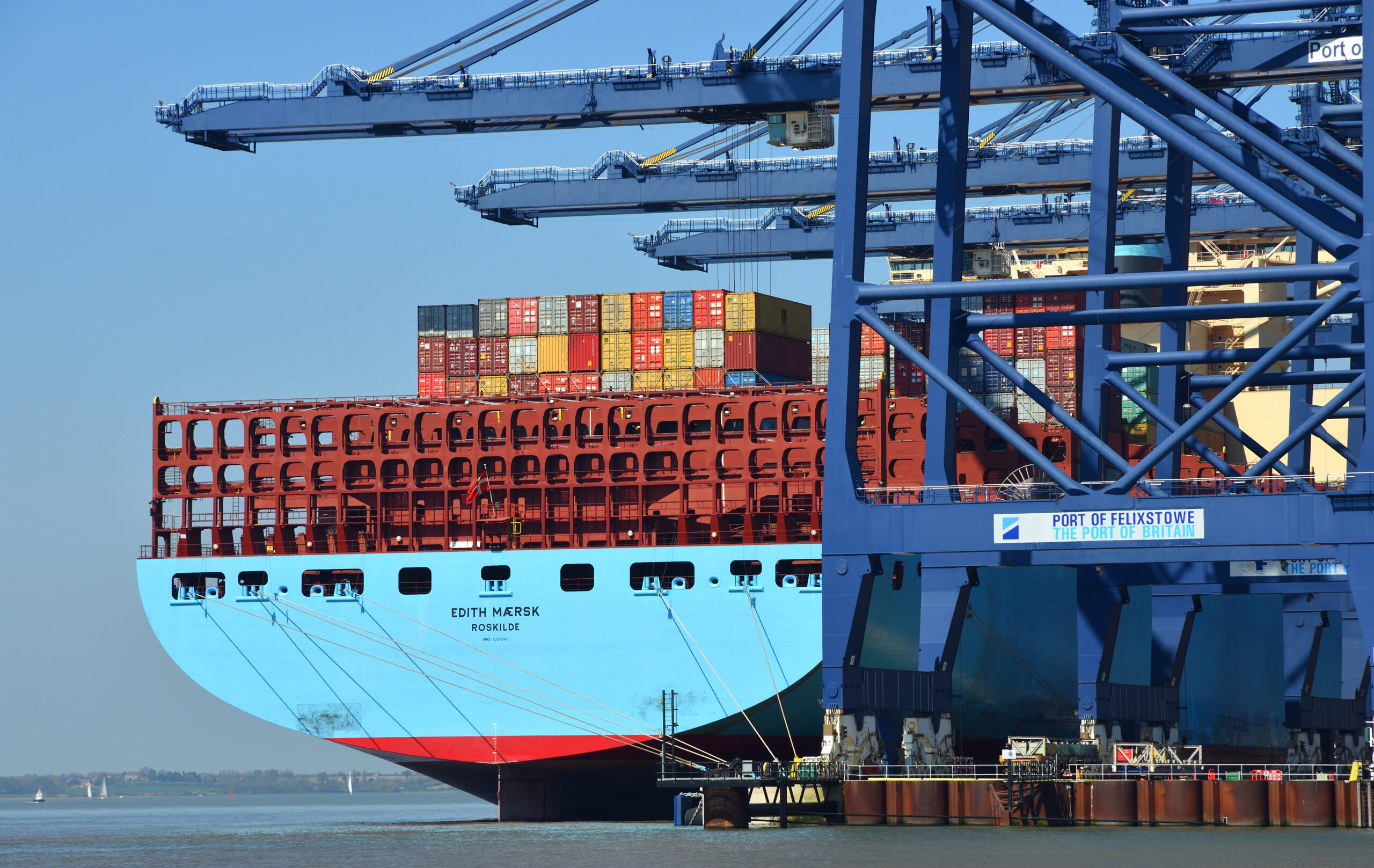The South Korean government has allocated a total of ₩482.3bn ($333mn) to enhance its competitiveness in low-emission ship development, digital transformation, and autonomous vessel technologies, with ₩222.3bn ($153.4mn) coming from the Ministry of Oceans and Fisheries and ₩260bn ($179.4bn) from the Ministry of Trade, Industry and Energy.
Part of the funding will come from the Ministry of Oceans and Fisheries (MOF), which has committed ₩222.3bn ($153.4mn) to support the construction and retrofitting of a total of 81 low-emission ships. This will facilitate the construction of 34 eco-friendly ships for the public sector, including electric-powered and hybrid vessels, and support Korea’s efforts in reducing maritime greenhouse gas (GHG) emissions. A further 15 government-owned vessels will be fitted with diesel particulate filters (DPF) to remove soot from diesel engine exhaust gasses.
According to MOF, the private sector will receive subsidies and secondary financing to support the construction of 20 future-ready ships, along with assistance in installing environmentally friendly equipment on 12 additional vessels. This policy is designed to bolster the Korean shipbuilding sector’s capacity to keep up with international demand for low-emission vessels.
A portion of MOF funding has been allocated to the development of low- or zero-emission propulsion systems, including wind-assisted and electric propulsion vessels, as well as ammonia-powered ships. A ₩20bn ($13.8mn) award was launched on 12 February 2025 for research and development on alternative propulsion systems and digital manufacturing solutions.
Korean Minister for Oceans and Fisheries, Kang Do-hyung, stated: ‘We will make generous investments in small and medium-sized shipping companies to convert into environment-friendly ships, drastically reduce greenhouse gases in the shipping industry, and proactively respond to strengthening international decarbonization regulations.’
The Ministry of Trade, Industry and Energy (MOTIE) has also allocated ₩260bn ($179.4mn) of funding. Green shipping technologies will receive ₩170bn ($117.2mn), while a further ₩70bn ($48.2bn) has been earmarked for digitalising shipbuilding processes, and ₩20bn ($13.8mn) for research into autonomous vessels. This injection of funding represents a 40% year-on-year increase from MOTIE Korean shipbuilding.
These public investments support the broader Korean strategy of achieving carbon neutrality in the maritime sector while complying with increasingly stringent international emissions regulations. In 2018, the Korean government passed the ‘Act of the Promotion of Development and Distribution of Environment Friendly Ships’, which mandated the public sector’s adoption of sustainable vessels and offers subsidies of up to 30% for private sector retrofitting and newbuild projects.
Korea’s initiative to promote low-emissions vessels and digital shipbuilding technologies aims to consolidate its leading position in the development of eco-friendly ships. As of 2022, Korea held a 58% global market share in green ship orders.
Korea continued its drive to reduce GHG emissions from shipping this week by signing a memorandum of understanding (MoU) with Australia to establish a green shipping corridor. This low-emission shipping route will enable both parties to jointly respond to the International Maritime Organization’s (IMO) net-zero targets, as well as promote the use of eco-friendly fuels and exchange information between relevant organisations.



